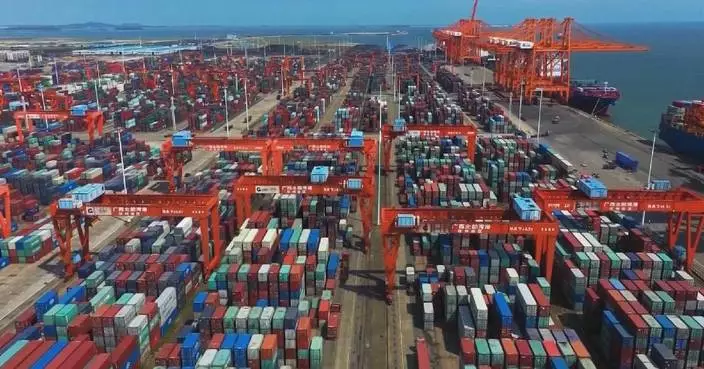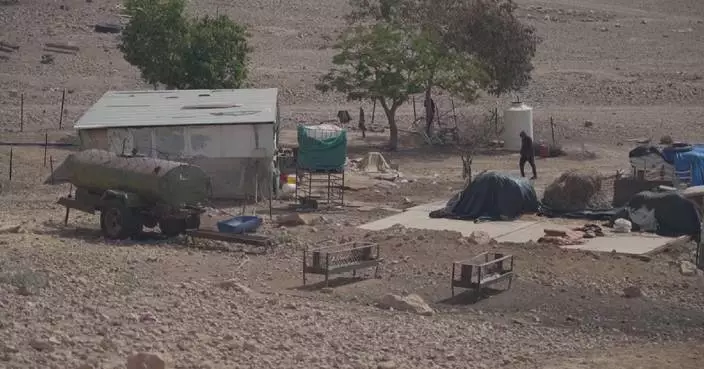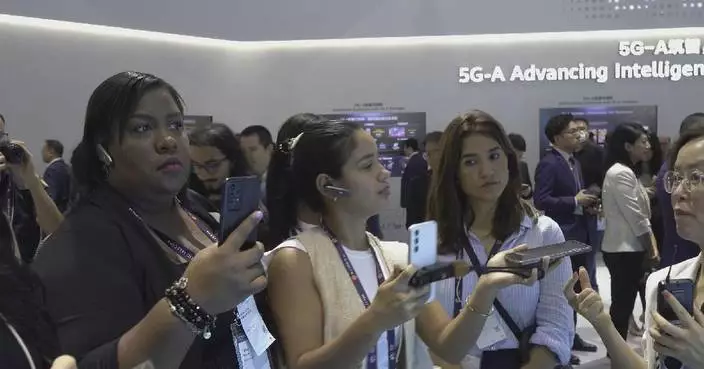The smooth development of China-Vietnam cooperation in various fields has brought tangible benefits to the people of the two countries, Chinese President Xi Jinping said on Wednesday.
Xi, also general secretary of the Communist Party of China Central Committee and chairman of the Central Military Commission, made the remarks when meeting with visiting Prime Minister of Vietnam Pham Minh Chinh in Beijing, saying that great progress has been made by the two sides since his meeting with General Secretary of the Communist Party of Vietnam Central Committee Nguyen Phu Trong in Hanoi last December.
"It's a great pleasure to meet you again, Prime Minister Pham Minh Chinh. Welcome to China to attend the Summer Davos. During my visit to Vietnam at the end of last year, General Secretary Nguyen Phu Trong and I jointly announced the building of China-Vietnam community with a shared future that carries strategic significance, ushering in a new stage of our bilateral ties. Over the past six months and more, our two parties and countries have enjoyed close high-level exchanges, smooth progress in cooperation in various fields, and a good start in building China-Vietnam community of shared future, bringing tangible benefits to the two peoples. We are very pleased about this," said Xi.
Chinh, for his part, reiterated the importance his country attaches to China-Vietnam relations in its foreign policy.
"I would like to express my gratitude to you, President Xi, for taking time out of your busy schedule to meet me and the high-level delegation of the Vietnamese government. Developing long-term, strong and stable relations with China, continuously consolidating political mutual trust, and expanding and deepening cooperation in all fields are the consistent propositions of Vietnam's independent and all-round foreign policy," said Chinh.
Before his meeting with Xi in Beijing, Chinh attended the opening plenary of the 15th Annual Meeting of the New Champions, also known as the Summer Davos, in the northeastern coastal city of Dalian on Tuesday.
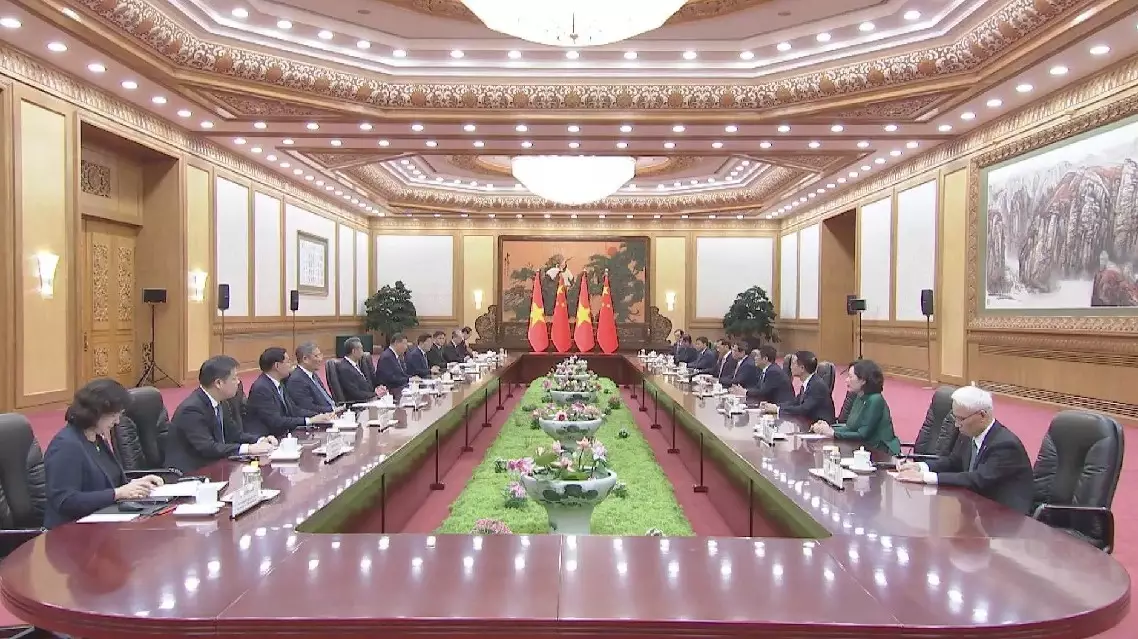
China-Vietnam cooperation brings tangible benefits to people of two countries: Xi
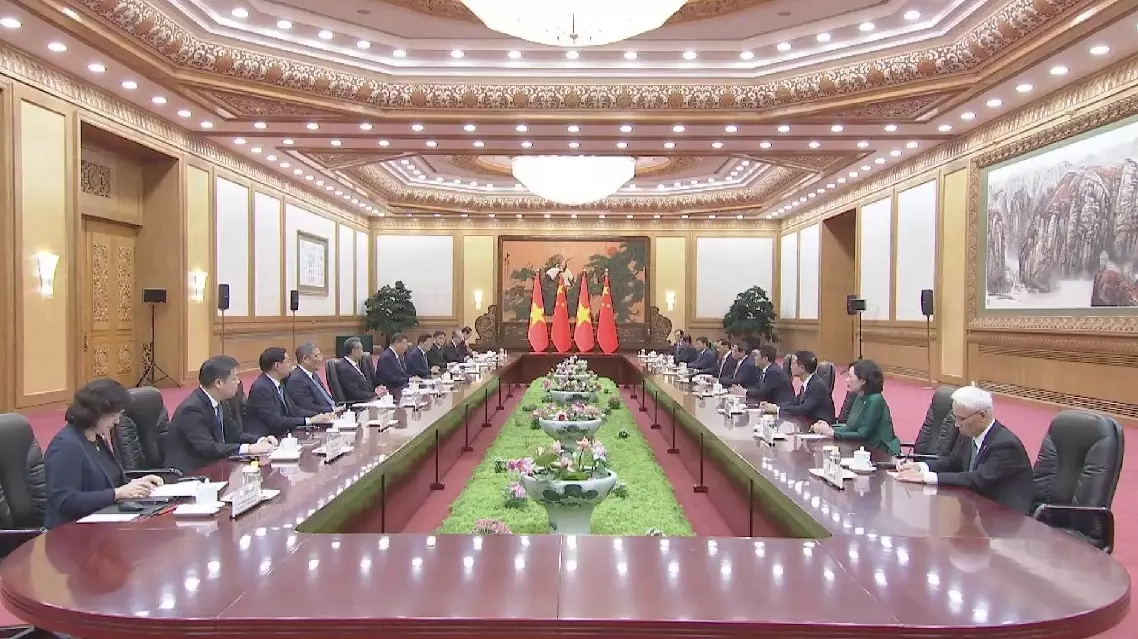
China-Vietnam cooperation brings tangible benefits to people of two countries: Xi
The Japanese government and Tokyo Electric Power Company (TEPCO), the operator of the crippled Fukushima Daiichi nuclear power plant, should disclose information on the nuclear-contaminated wastewater that they are discharging into the sea in detail and accept scrutiny, acknowledging its fundamental distinction from industrial wastewater released by conventional nuclear power plants, said a Japanese scholar on Friday.
Japan on Friday started the seventh round of the release of nuclear-contaminated wastewater from the Fukushima Daiichi nuclear power plant into the Pacific Ocean.
Despite furious opposition both at home and abroad, TEPCO started discharging the radioactive wastewater in the morning, the third round in fiscal 2024.
The same as the previous rounds, about 7,800 tons of the wastewater will be discharged until July 16.
"The volume of nuclear-contaminated water is substantial, and the point is that it stems from a nuclear accident and differs from the radioactive wastewater discharged at low concentrations by conventional nuclear power plants. So, is the discharge really okay? Concerns have been raised by both the international community and within Japan regarding this issue. As a result, it is crucial to ensure proper handling of the nuclear-contaminated water and facilitate comprehensive discussions. At the core of this matter lies the need for information disclosure. It is essential to provide the Japanese public and the international community with the most up-to-date and accurate information. It is also necessary to establish a platform for discussions," said Yamada Kenta, a professor at School of Letters of Senshu University, in an interview with China Central Television (CCTV).
The lack of transparency from both TEPCO and the Japanese government regarding crucial information, including the meltdown of the nuclear reactor cores, the safety of the nuclear-contaminated water, and the decommissioning process has raised widespread concerns among the international community, the scholar noted.
"The lack of transparency in the information disclosure by TEPCO and the Japanese government concerning the nuclear accident is a significant problem. I personally share the view that it is a major issue. Moreover, at a technical level, the sluggish and interminable progress in the decommissioning of the Fukushima Daiichi nuclear power plant represents a substantial real problem as well," Kenta said.
Hit by an earthquake and an ensuing tsunami on March 11, 2011, the Fukushima Daiichi nuclear plant suffered core meltdowns that released radiation, resulting in a level-7 nuclear accident, the highest on the International Nuclear and Radiological Event Scale.
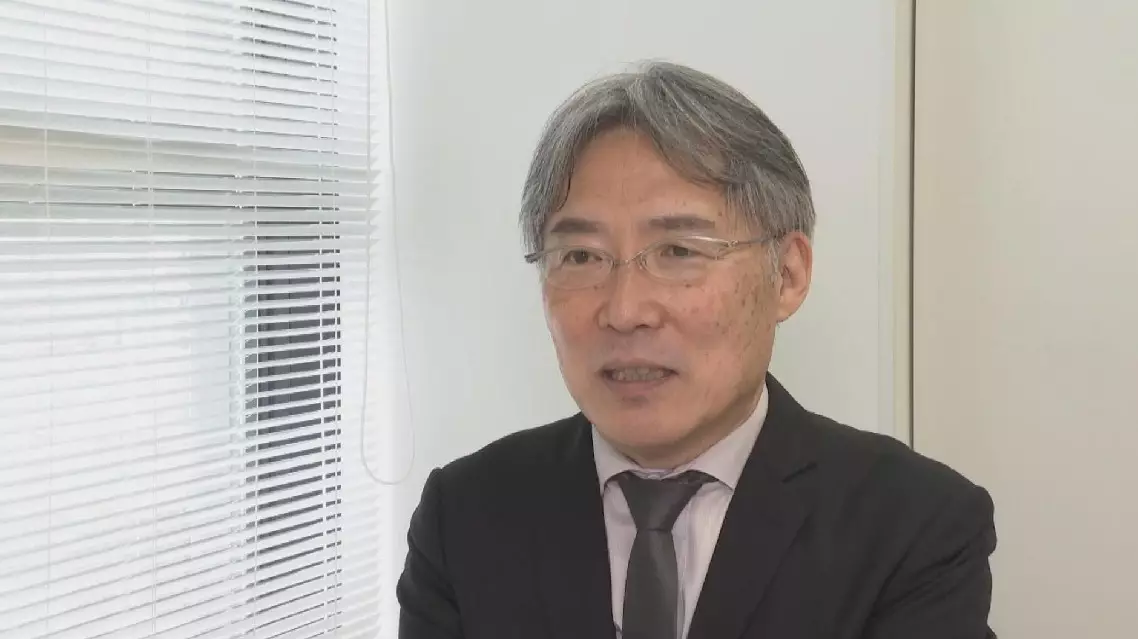
Japan should publicize details on nuclear-contaminated water, accept scrutiny: scholar






